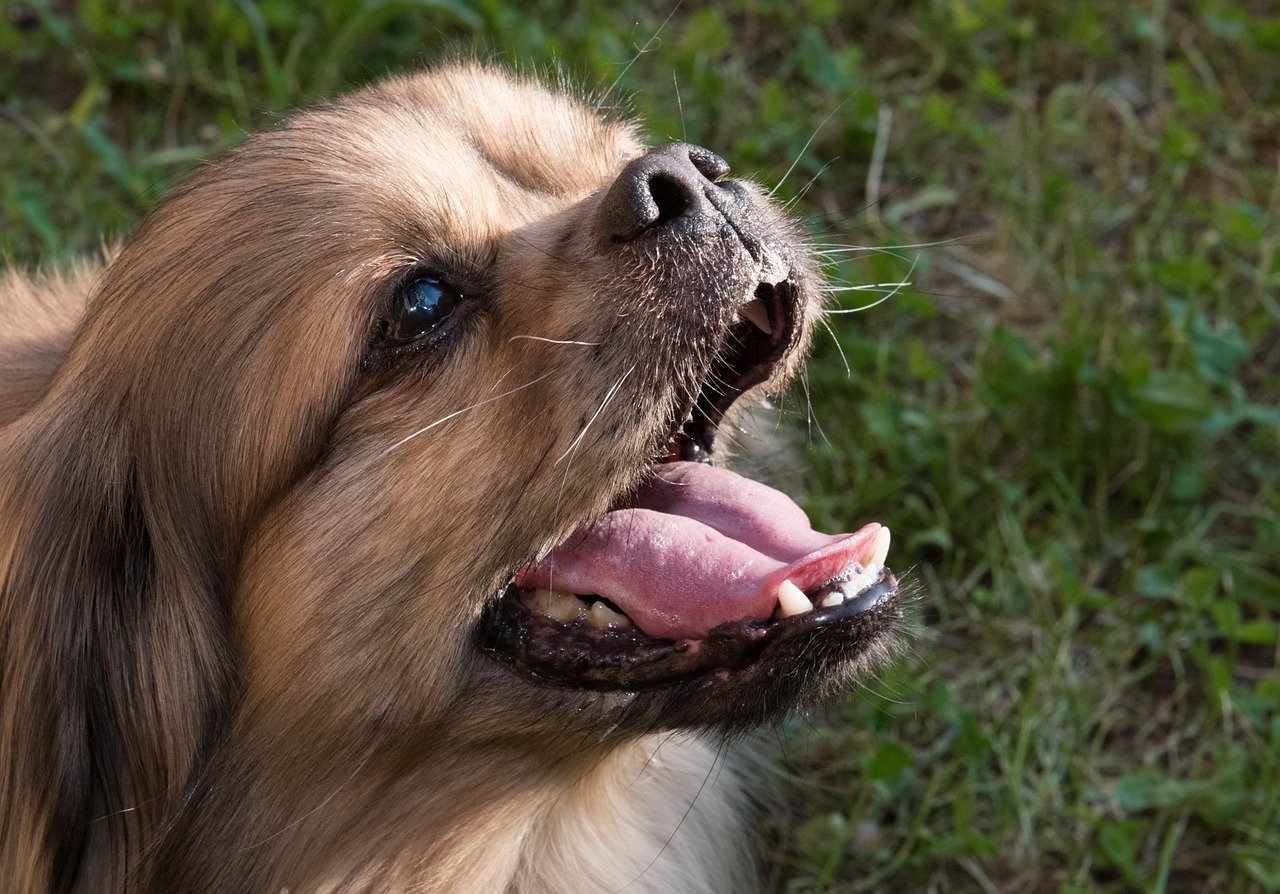Puppies indiscriminately put things in their mouths–be it toys, socks, or hands. This mouthing behavior is one of the main ways puppies learn about their environment. In addition to gathering information about the world, puppies nip frequently while playing. This behavior may seem cute, but biting behavior is dangerous if it continues as they grow and should be discouraged. However, puppies also go through a teething phase as their baby teeth fall out and their adult teeth emerge. During this time (between 3 and 7 months old for most dogs), it’s natural for your puppy to nip and gnaw at things to try and relieve their growing pains. Here is how to decipher the puppy bites.
So how do you tell the difference between teething, and simply nipping? When is it appropriate to allow them to bite, and how do you curb unfavorable behavior?
Puppy Bites – Signs of Teething
- The primary factor to consider is, of course, age. If your pup is less than 7 months old, it’s likely that at least part of their biting is due to their discomfort from the adult teeth growing in.
- Your pup is choosing to chew on items instead of playing with you. If your attempts to play aren’t distracting Sparky, it’s likely because he is more concerned with easing his teething pains.
- Prolonged gnawing as opposed to quick bites. Quick nips and snaps are more than likely an attempt to engage in play and can be common for any dog regardless of whether or not they’re teething. Extended gnawing on an object as a puppy is more likely a result of teething.
To discourage gnawing on off-limits objects, have a few different toys designed specifically for teething puppies. Aim for ones that are durable, but pliable. Rubber toys are excellent–try putting toys in the fridge or freezer before giving them to your puppy, as the coolness is often soothing on their gums. Chews such as rawhides or bully sticks are also great for keeping your pup entertained for a while, doubling as a snack and pain relief.
Signs of Nipping as a Behavior
Even though it’s okay for puppies to gnaw while teething, you should discourage puppy bites when it comes to people or household objects. Pups may nip at you when:
- They are instigating play, or are excited. Biting is a satisfying way to release excess energy; when they get excited or playful, they’ll likely want something to chomp on. Begin redirecting their attention from hands or pillows to items they are allowed to bite, such as a rope or rubber toy. Use this item to engage with them so that you’re both playing, but safely.
- They are bored. Chewing and ripping up an item is something to do when nothing else exciting is going on. It’s their way of keeping themselves entertained. To keep your dog from getting bored, provide plenty of opportunity for enrichment and exercise that will stimulate their brain and tucker out their bodies.
- They’re seeking attention. Puppies quickly learn that a nip means they’ll receive immediate attention–they don’t care whether it’s positive or negative! To remediate this, fight the urge to immediately turn to your pup when they nip you. Instead, ignore them for a few seconds, then put them in a “sit” (this trick is helpful to train as early as possible). Once they’re sitting nicely, then give them attention. They’ll soon learn that sitting is the most effective way to ask for some pets and praise.Gulf Coast K9 Dog Training offers puppy training , obedience classes, and play care to help your puppy properly socialize to this world. Call today if you need help with their training or behavior.





